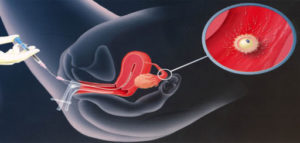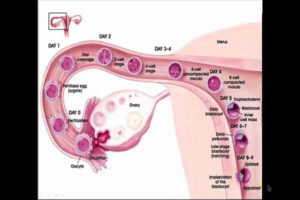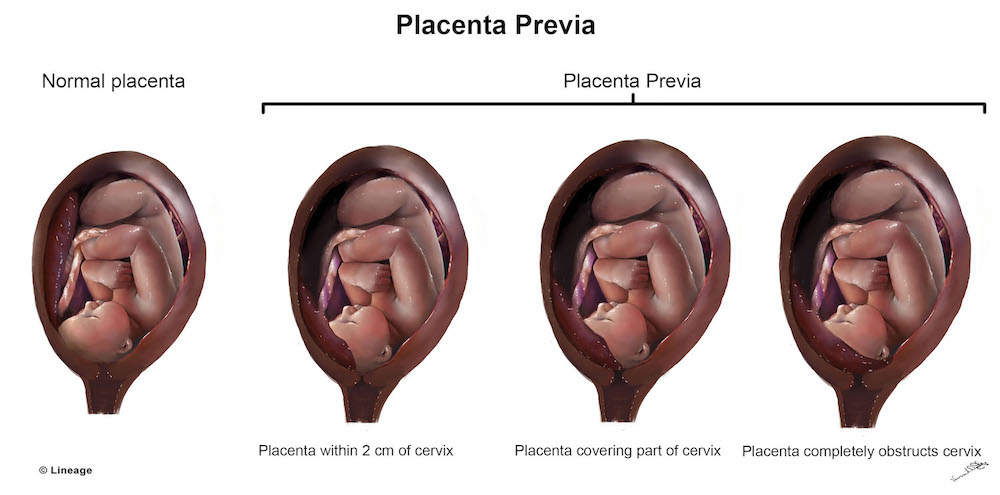What Should I Expect If I Get A Tubal Ligation Procedure?
What is tubal ligation?
Tubal ligation is one of the methods of birth control with high success rates. It is a surgical procedure that ties the Fallopian tubes of a woman, to stop a sperm from reaching an egg, or to stop the egg from reaching the uterus. It is a very common sterilization procedure among women, because after this procedure, many women do not have to worry about missing their contraceptive pill or falling pregnant by any chance.
In addition to this, this contraceptive method does not have any effect on the menstrual cycle of a woman, or the sex life of a woman, in fact, it reduces the chances of developing ovarian cancers in the future. Though this procedure is reversible in 40 to 70% of cases, woman mostly opt for tubal ligation when they want permanent birth control.
How do I know I need tubal ligation?
This choice mostly depends on the will of the woman. It is important to point out that you should only plan for this surgery if you do not want to get pregnant anymore, or if there is a health risk associated with getting pregnant, which might leave you with no chance but to avoid it. Such risk factors include:
- Abnormal hypertension during last pregnancy.
- Fits during the last pregnancy.
Increased maternal age which in turn escalate the chances of abnormality on the baby. Other than this, there are multiple health problems that might render you misfit for this procedure, such as:
- Previous surgical complications
- Complications related to anesthesia
- Diabetes
- Hypertension
- Respiratory problems
- Heart problems
- Coagulation dysfunction
- Pelvic disease
- Obesity
Click To Learn More:How Long Does Implantation Cramping Last
How is a tubal ligation performed?
This surgical procedure is most commonly performed under general anesthesia, where medicines are administered in your body to let you slide in deep sleep during the procedure, or under spinal anesthesia, where your lower half body is made numb so you do not feel pain and you are awake during
the procedure. The doctors proceed by:
- Making small cuts in your lower abdomen to allow the passage of two long cameras, known as laparoscope, to visualize the body from the inside.
- Then a gas would be forced into the abdomen to create space and allow the cameras to move around.
- A long instrument will be introduced into the cavity to reach the Fallopian tubes. Subsequently,the doctor may cut or tie the Fallopian tubes.
- After the surgery is done, the doctor will have to stitch the incision once or twice to close the skin properly.
This surgery is less time consuming and has very little chances of developing complications late on, which is why, a lot of women are allowed to go back home on the same day of the procedure.
What happens after the surgery?
The success rate of a tubal ligation is very high and the procedure is very simple, per se. You should not worry much about what will happen next, all you need to do is to religiously follow whatever instruction your doctor gives you.
- You should be able to resume with your normal diet in the same day.
- You should avoid doing strenuous work and allow yourself to rest for a day or two. And resumeyour daily activities gradually.
- If you feel any pain or discomfort, take the painkillers prescribed by your doctor.
- Make sure to take good care of your incisions. Keep it clean and dry to eliminate the growth of a bacteria on the wound.
You should be able to resume with sexual activities after a week or two.
Click To Learn More: Signs Of Implantation – What To Expect After Implantation?
What are complications of tubal ligation?
Just like any surgery, a tubal ligation might get complicated as well, though the chances of complications after this procedure are meager, yet, we do need to consider the possibilities of:
Getting the wound infected, that might lead to fever and pus discharge.
- Bleeding from the site of the wound
- Damage to the pelvic organs
- Anesthesia complications
- Ectopic pregnancy
- Pain at the incision site
- Pregnancy due to improper ligation of the Fallopian tubes
It should be kept in mind that if a ligation is not correctly secured, then a woman might become pregnant. And this would mean that she it will not able a normal pregnancy where a zygote implants in the uterus, instead, the zygote will implant in the Fallopian tube. And this type of pregnancy will have its own complications. Also, if a woman gets her tubes ligated at a young age, the possibility of having an ectopic pregnancy is also raised.
What are the benefits of tubal ligation?
Tubal ligation is effective in 99% of cases, hence, it is very rare for things to go wrong.
There are multiple benefits associated with tubal ligation, some are:
You get rid of the pills and the strict routine attached with it. Once your tubes are tied, you become free of all barriers. You do not have to worry about taking a pill, or get anxious over a sex because you forgot to take your pill. Your life becomes much easier.
A woman who gets her tubes tied, has reduced chances of developing ovarian cancers in the future as compared to women who do not. And unlike contraceptive pills that also decrease the chances of ovarian cancer, tubal ligation does not escalate breast cancers.
Plus, the side effects if tubal ligation are not as severe as of other contraceptive methods, which includes heavy or irregular periods, mood swings, headaches or weight changes.
What are the side effects of tubal ligation?
Although it is the most effective contraceptive for women, it does have its own downfalls.
It is a permanent method of contraception. Many women later feel the need to have another baby and in such cases, the doctors try to reverse the process but they might not be as successful.
A woman is free to have a sex life but it does guarantee her a life with no STDs. Tubal ligation is only a contraceptive method and it does not protect against any virus or bacteria, which means it is best that you still use condoms to protect yourself if you have multiple sex partners.
Click To Learn More: How Can I Increase Implantation After IUI? Early Symptoms
REFERENCE:
webmd.






